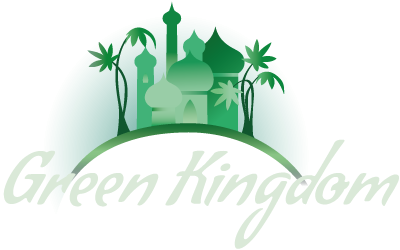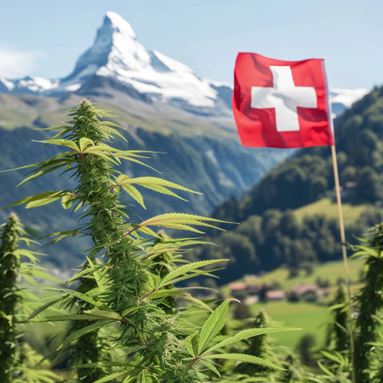No products added!
Written by
webmaster
3 April 2024
Swiss Legislation on CBD
Switzerland has relatively permissive regulations regarding CBD compared to many other countries. The country has adopted a progressive and pragmatic approach toward CBD and hemp-derived products, reflecting a more open attitude toward these natural substances. Here’s a detailed overview of the key points of Swiss CBD legislation:
1. THC Content
The main restriction in Switzerland concerns the THC (tetrahydrocannabinol) content, the psychoactive compound in cannabis. CBD products must contain less than 1% THC to be considered legal. This limit is higher than in many other European countries, where the THC limit is often set at 0.2% or 0.3%. This more flexible regulation allows for a wider variety of CBD products in the Swiss market, offering consumers more choice.
2. Hemp Cultivation
Hemp cultivation is legal in Switzerland, provided farmers adhere to the regulations. Farmers must obtain a license from the Federal Office for Agriculture to grow hemp, and the THC content of the plants must remain below the legal threshold of 1%. This regulation allows Swiss growers to produce CBD-rich hemp for the local industry and for export.
3. Sales and Distribution
The sale of CBD products is legal in Switzerland as long as the products comply with the THC content limits and meet labeling and safety regulations. CBD products are available in many specialty stores, pharmacies, wellness shops, and online. However, Swiss authorities have recently tightened regulations regarding the advertising and promotion of CBD products to prevent overuse or inappropriate consumption.
4. Recreational Cannabis Use
While CBD is widely accepted in Switzerland, recreational cannabis use remains illegal under federal narcotics law. However, Swiss authorities take a relatively tolerant approach to personal cannabis use, and several Swiss cities have implemented pilot projects to regulate recreational cannabis. These pilot projects, approved by the Federal Office of Public Health (FOPH), allow a limited number of adult participants to legally obtain cannabis for recreational purposes under controlled conditions. The aim is to study the social, health, and economic impacts of potential cannabis legalization in Switzerland.
5. Evolving Regulations
Swiss CBD legislation is constantly evolving, with regular adjustments reflecting scientific advances and changing social attitudes toward cannabis. For example, in 2021, Switzerland relaxed rules on CBD product advertising, allowing for broader promotion. Additionally, Swiss authorities closely monitor regulatory developments in other European countries, such as Germany and Luxembourg, which are considering legalizing recreational cannabis. These changes may influence future decisions regarding Swiss cannabis policy.
6. Quality Control and Safety
Despite its relatively lenient regulations, Switzerland places great importance on the quality and safety of CBD products. All CBD products sold in Switzerland must meet strict standards regarding purity, traceability, and labeling. Swiss authorities regularly conduct inspections to ensure that CBD products comply with legal THC limits and are free from contaminants or harmful substances.
7. Research and Development
Switzerland actively encourages research and development in the field of CBD and medical cannabis. Many Swiss universities and research institutes are conducting studies on the therapeutic properties of CBD and its potential to treat various medical conditions. This research contributes to a better understanding of CBD’s effects and may influence future regulations.
8. International Considerations
While Switzerland has taken a progressive approach to CBD, Swiss authorities must also consider international regulations and drug treaties. CBD is currently classified as a controlled substance under the 1961 Single Convention on Narcotic Drugs, which can limit certain aspects of its regulation in Switzerland. However, Switzerland actively participates in international discussions on cannabis and CBD regulation, advocating for a more pragmatic and evidence-based approach.
Conclusion
Switzerland has adopted a relatively liberal stance on CBD, allowing the sale of products with up to 1% THC and permitting the legal cultivation of hemp under license. However, it is essential to comply with the regulations in place and stay informed about any potential changes in Swiss CBD legislation. With its progressive regulation and commitment to research and development, Switzerland is positioning itself as a leader in the CBD field in Europe.


